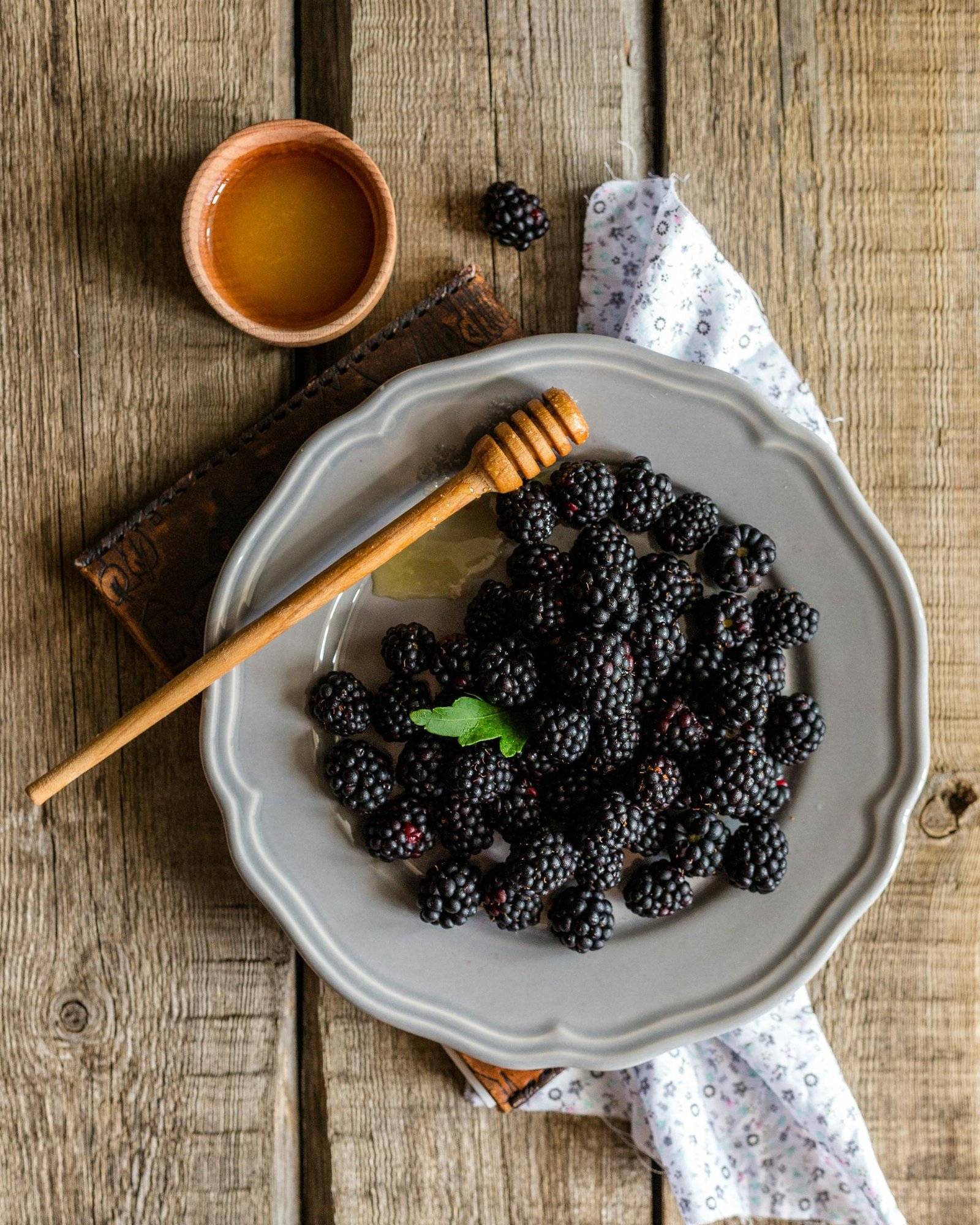Tastiest Top 7 Highest Antioxidant Foods to Eat Everyday
Tastiest Top 7 Highest Antioxidant Foods to Eat Everyday
Antioxidants are powerful compounds that play a crucial role in defending your body against oxidative stress and free radicals, which contribute to cellular damage, aging, and the development of chronic diseases. By consistently incorporating antioxidant-rich foods into your daily diet, you can enhance your overall health, boost immunity, and promote longevity. Backed by scientific evidence, here are seven of the most delicious, antioxidant-packed foods you should be eating every day to support optimal well-being and vitality.
1. Blueberries
Why They’re Great: Blueberries are packed with antioxidants, particularly anthocyanins, which give them their vibrant color. These powerful antioxidants have been shown to reduce inflammation and improve heart health.
Health Benefits:
- Reduces oxidative stress and inflammation.
- Improves cognitive function.
- Supports heart health.
2. Dark Chocolate
Why It’s Great: Dark chocolate is rich in flavonoids, particularly epicatechin, which have strong antioxidant properties. The higher the cocoa content, the more antioxidants it contains. Just watch the serving size. I love chocolate and can eat the whole bar, especially after a great workout!
Health Benefits:
- Improves blood flow and lowers blood pressure.
- Enhances brain function.
- Reduces the risk of heart disease.
3. Spinach
Why It’s Great: Spinach is loaded with vitamins, minerals, and antioxidants like beta-carotene, lutein, and zeaxanthin. These compounds are crucial for eye health and reducing inflammation.
Health Benefits:
- Protects against eye diseases.
- Reduces oxidative stress.
- Supports overall health.
4. Nuts
Why They’re Great: Nuts, especially almonds, walnuts, and pecans, are rich in antioxidants like vitamin E and polyphenols. They also provide healthy fats and protein.
Health Benefits:
- Reduces inflammation.
- Supports heart health.
- Promotes healthy aging.
5. Green Tea
Why It’s Great: Green tea is a potent source of catechins, particularly epigallocatechin gallate (EGCG), which have powerful antioxidant effects.
Health Benefits:
- Enhances brain function.
- Increases fat burning.
- Reduces the risk of cancer.
6. Tomatoes
Why They’re Great: Tomatoes are rich in lycopene, a powerful antioxidant that has been linked to many health benefits, including reduced risk of heart disease and cancer.
Health Benefits:
- Protects against sun damage.
- Improves heart health.
- Reduces the risk of certain cancers.
7. Broccoli
Why It’s Great: Broccoli is high in antioxidants like sulforaphane, which has been shown to have potent cancer-fighting properties.
Health Benefits:
- Supports detoxification.
- Reduces inflammation.
- Protects against cancer.
Conclusion
Incorporating these antioxidant-rich foods into your daily diet can help protect your body from oxidative stress and improve overall health. These delicious and nutritious options are easy to add to your meals, ensuring you get a daily dose of powerful antioxidants. Start incorporating these foods today to support your well-being and longevity. Email Eugene@longhealthyliving.com for any questions or to get some free tips!
References
- Huang WY, Zhang HC, Liu WX, Li CY. Survey of antioxidant capacity and phenolic composition of blueberry, blackberry, and strawberry in Nanjing. J Zhejiang Univ Sci B. 2012 Feb;13(2):94-102. doi: 10.1631/jzus.B1100137. PMID: 22302422; PMCID: PMC3274736.
- Samanta S, Sarkar T, Chakraborty R, Rebezov M, Shariati MA, Thiruvengadam M, Rengasamy KRR. Dark chocolate: An overview of its biological activity, processing, and fortification approaches. Curr Res Food Sci. 2022 Oct 15;5:1916-1943. doi: 10.1016/j.crfs.2022.10.017. PMID: 36300165; PMCID: PMC9589144.
- Lorenzon Dos Santos J, Quadros AS, Weschenfelder C, Garofallo SB, Marcadenti A. Oxidative Stress Biomarkers, Nut-Related Antioxidants, and Cardiovascular Disease. Nutrients. 2020 Mar 3;12(3):682. doi: 10.3390/nu12030682. PMID: 32138220; PMCID: PMC7146201.







